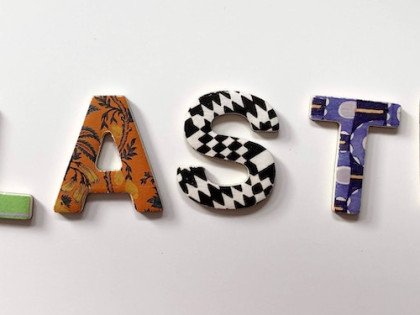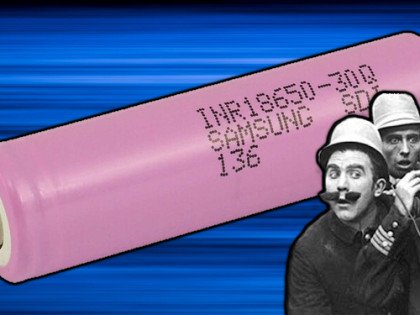Individual flight companies began to take action on li-ions being carried in checked-in luggage, but the problem remained that it was difficult to detect the battery if it was separate to the device.
At altitude, li-ions can vent, catch fire or explode in unpressurised luggage holds – all of which is exceptionally dangerous in a confined space a few miles above the earth’s surface.
Typically, items are detected in luggage by subjecting them to a blast of x-rays. The radiation passes through some objects while being reflected by others. How the x-ray is reflected depends on the density of the object’s material. The detection machines then create a screen image from the rays that bounce back.
Software is used to convert the measured reflected x-rays into images, but scanning for li-ion cells has relied on a lot of human input. This labour-intensive approach, combined with a blanket ban on certain devices from being carried on board flights into the United States, cost airline companies a lot of money.
Governments were also hit; the UK, for instance, started up a £3 million fund for research to identify better ways of detecting potentially explosive devices.
Now vapers who mistakenly pop a couple of spare cells into their luggage will find that they can be quickly asked to get off the plane. Smiths Detection says that its new algorithms can produce “reliable and accurate lithium battery detection as an option on the HI-SCAN 100100V-2is and 100100T-2is scanners.”
Although this is limited to two types of machines at present, Smiths says that it will soon be able to roll out solutions to other common machines in airports.
Smiths' algorithms have developed from a collaboration project with airports and flight companies. The software learnt how to detect items after analysing a huge number of pictures.
“The lithium battery development follows IATA’s recommendations regarding Dangerous Goods and is aimed mainly at the air cargo sector,” explained Matt Clark, VP Technology & Product Development, Smiths Detection. “It is designed to tackle the tangible threat posed by lithium batteries, which have the potential to ignite when airborne. In addition to extending this option to a full range of systems, we plan to expand these augmented detection capabilities to goods such as weapons, flammable liquids, currency and drugs.”
Initially, it will be international shippers using bulk cargo systems that will be subjected to screening with vapers’ flight luggage being rolled out in the future.
Smiths say: “The lithium battery kit uses an external evaluation computer to host the detection software, which analyses the contents and ‘frames’ any detected batteries – this data can be shown on the main system monitor or on an additional screen. Adding this detection function does not affect the speed of overall image evaluation and little or no training is required.”
Dave Cross
Journalist at POTVDave is a freelance writer; with articles on music, motorbikes, football, pop-science, vaping and tobacco harm reduction in Sounds, Melody Maker, UBG, AWoL, Bike, When Saturday Comes, Vape News Magazine, and syndicated across the Johnston Press group. He was published in an anthology of “Greatest Football Writing”, but still believes this was a mistake. Dave contributes sketches to comedy shows and used to co-host a radio sketch show. He’s worked with numerous start-ups to develop content for their websites.
Join the discussion
UKVIA Responds to Material Focus Research
Trade body the UK Vaping Industry Association (UKVIA) has responded to research conducted by Material Focus that discovered number of dumped disposables has soared
Disposables Waste Quadruples
The number of disposable single-use vapes thrown away in a year has quadrupled – and in the region of 5 million disposable vapes per week are being dumped
Stolen Samsung Warning
Lawyers acting on behalf of Samsung are reminding us not to sell you any of their batteries in case they’re used for anything and order us to warn you about stolen batteries because reasons
Sustainability In Focus
Seven years after Planet of the Vapes started banging on about vape waste, companies are beginning to come on board and address the sustainability of their operations











